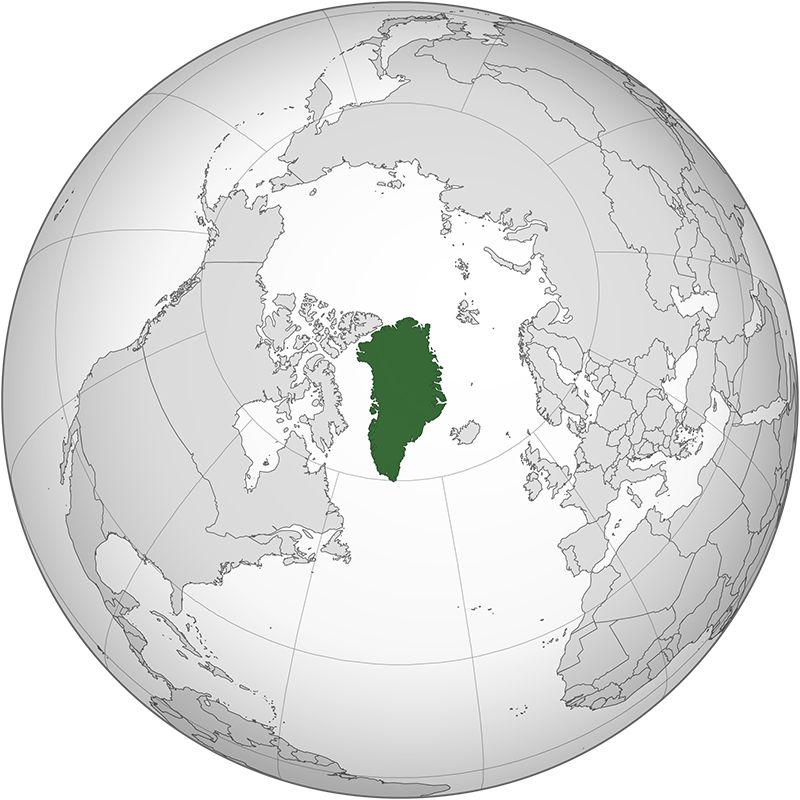Greenland


- Population:
- 55,800
- Language:
- Greenlandic
- Religion:
- Christianity
Greenland was originally inhabited by Inuit peoples before Norse settlements arrived in the 10th century. It became a Danish colony in the 18th century and remains an autonomous territory within the Kingdom of Denmark. Its economy relies on fishing, mining, and growing tourism, with increasing discussions on full independence.
Greenland is an autonomous territory within the Kingdom of Denmark, located between the Arctic and Atlantic Oceans, east of the Canadian Arctic Archipelago. It is the world's largest island, covering an area of approximately 2,166,086 square kilometers, with about 80% of its surface covered by the Greenland Ice Sheet. As of 2023, Greenland has a population of around 56,000 people, making it one of the least densely populated regions globally. The capital and largest city is Nuuk. The official languages are Greenlandic (Kalaallisut) and Danish. Greenland has its own government, responsible for most domestic affairs, while Denmark oversees defense and foreign policy. The economy is primarily based on fishing, hunting, and tourism, with potential growth in mining and energy sectors. Greenland is known for its vast tundra landscapes, glaciers, and unique Inuit culture. It is a member of the Kingdom of Denmark and participates in some international organizations under Danish representation.
| Title | Population | Bibles | Resources |
|---|---|---|---|
| Kalaallisut | 48000 | 2 | 6 |
| Danish | 7670 | 13 | 8 |
| English | 2000 | 243 | 359 |



